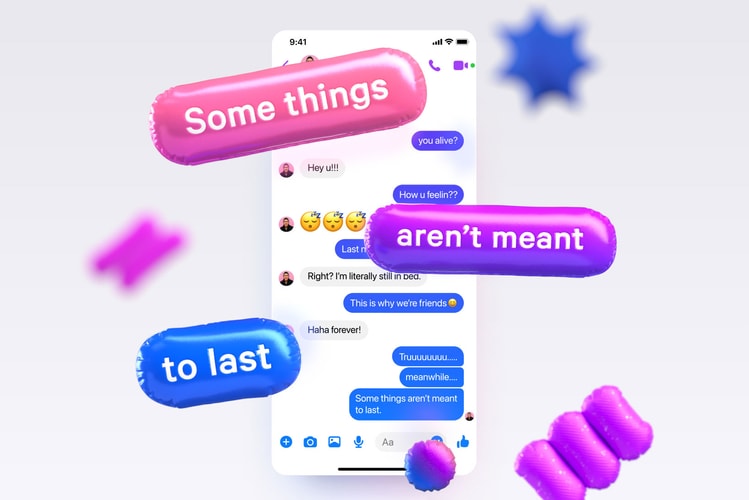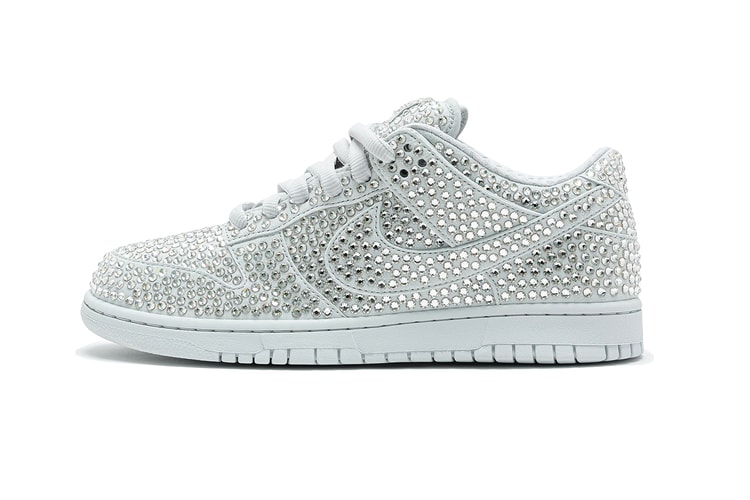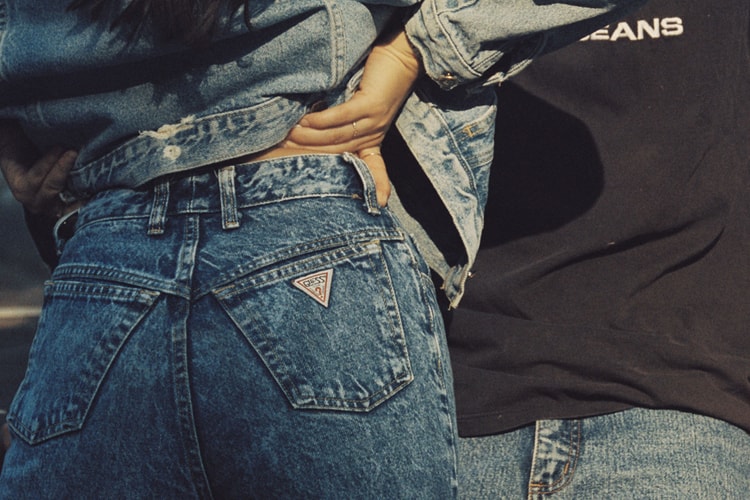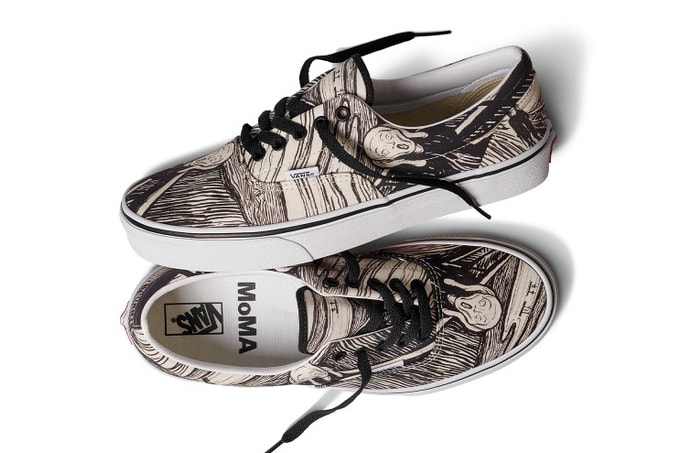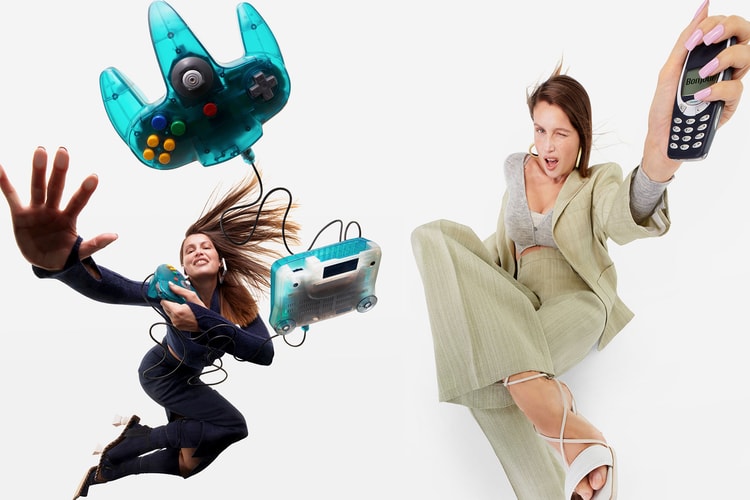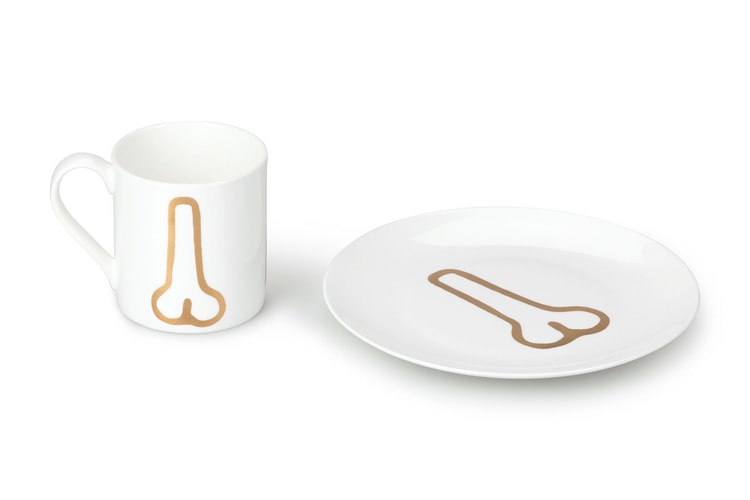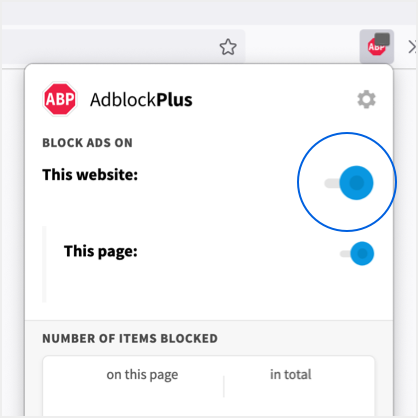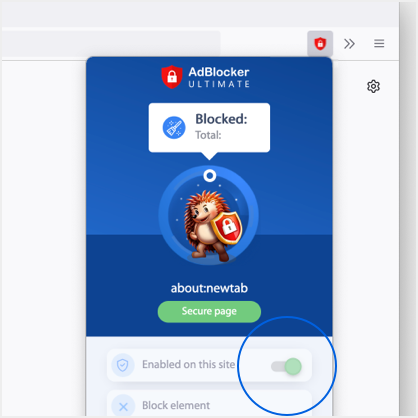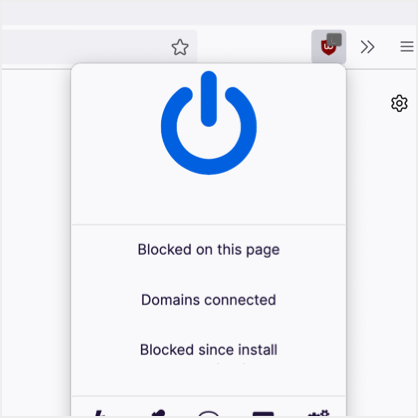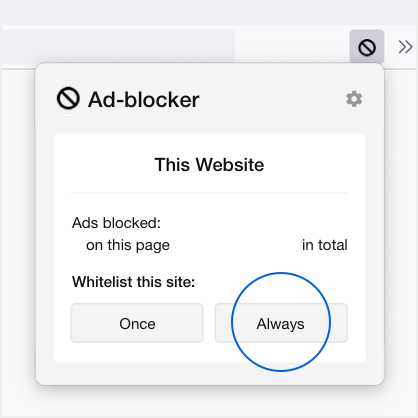The Electronic Music Scene Has a Gender Disparity Problem – It’s Time for a Change
DJs Alison Wonderland, SHERELLE and TYGAPAW weigh in on the industry’s progress and future.
Directed by Stacey Lee and executive produced by Bud Light Canada, Underplayed is a documentary that explores the gender, ethnicity and sexual equality-related issues prevalent in the electronic music industry. Premiered during the 45th Toronto International Film Festival back in September, the film spotlights the stories of female pioneers, next-generation artists and industry leaders who are working towards making a change.
Born from the ideals of community and inclusivity, electronic dance music (EDM) has been a safe haven for many in the Black and Hispanic queer communities after house and techno, subgenres of EDM, were introduced in Chicago and Detroit back in the ’80s. Despite its evolution over the years, however, electronic music is still currently a male-dominant genre and has not seen significant growth in terms of diversity, gender equality and representation. “I am a gay Black woman who is masc-presenting. I represent so many people in the LGBTQI+ community who honestly feel left out of our dance scene and who don’t feel safe,” London-based DJ SHERELLE tole HYPEBAE. “I know what it’s like to feel left out of clubs, so all I want to do is create a space where people can just be themselves.”
Between 2018 and 2019, only seven percent of Billboard’s Top 100 DJ list have been female, while only five – Alison Wonderland, TOKiMONSTA, Nervo (duo) and Rezz – made it to last year’s roundup. “The symptoms of inequality are systematic, generational and socialized into girls from the first day of school. The progress of women is one that comes in small steps, behind closed doors and according to the World Economic Forum will take at least another century to fulfill,” Lee said in a press release. “For the women in the electronic music scene, it is also a silent fight. Because to speak about being a ‘woman’ is often undermining the main goal; to be taken seriously as an artist, first and foremost.”
According to the Annenberg Institute, women make up less than three percent of production and technical roles in the music industry. As a result, female artists have been put at a disadvantage when it comes to opportunity and visibility. While some thrive, the industry’s lack of progress is something that needs to be addressed and changed.
To further raise awareness on this ongoing matter, we spoke to Underplayed‘s stars Alison Wonderland, SHERELLE and TYGAPAW about their musical journey, their hopes for the music industry’s future and how they’ve been contributing to the fight against gender inequality. Read on for our full conversation with the DJs.
Can you tell us a little bit about your background in music?
AW: I was originally a classically trained cellist who then joined a punk band and somehow found electronic music.
S: I was raised by my mom and sister who were big R&B fans. So growing up, I listened to Aaliyah, Brandy and all that good ’90s stuff. As I grew older, I found my music in many different ways. If it wasn’t through playing games like GTA and Fifa, it was through downloading illegally via LimeWire and just getting lucky, really. I am not classically trained but I have a huge love for music. It’s been a huge part of my life since day one.
T: I started making music after I graduated from Parsons School of Design in 2006. I played guitar in two bands and ventured into DJing eight years ago. I’ve released three EPs and will be releasing my debut LP on November 13 via Mexico City imprint NAAFI.
What made you want to make a career out of your passion?
AW: I never thought that this was going to become a career, I only ever did this to make myself feel happy. If it starts to feel like a chore, I don’t want to make art anymore.
S: Seeing Chase & Status for the first time at a festival made me want to perform. I also saw a Boiler Room set by footwork legends and Teklife affiliates DJ Rashad featuring Spinn, RP Boo, Manny and DJ Taye. That blew my mind. It changed my outlook on things and changed my life forever. Everything made sense after that.
T: I realized early that working a job that you’re not passionate about can lead to a life full of regret and stress. I didn’t want that life for myself.
View this post on Instagram
Can you recall the first beat or track you ever worked on and what inspired you to put it together?
AW: Yes, it was a song that was never ever released, but I was inspired by the track “Silent Shout” by The Knife.
T: That was a long time ago since I’ve been making music for over 10 years now, and my inspirations have naturally shifted since then.
What makes your sound stand out from the rest?
AW: Probably my voice. However, I don’t really try to make any particular trend, I just make what I feel and I guess that just ends up sounding like me.
S: I am one of the very few people in the world who play footwork, jungle and other genres above 160 beats per minute. It’s an absolute pleasure and I am forever grateful to have taken this around the world recently before COVID-19. I am also representing a new generation of people who are into this music. I am on a national radio station (BBC Radio 1) playing this music. It’s a huge deal for my underground scene.
T: Being Jamaican heavily influences how I make techno. That’s unique to me and that’s the best way I can put it. You just have to listen and be the judge of that. The music speaks for itself.
“As a female headline artist amongst so many men, I think it will give other women the confidence to put themselves out artistically, regardless of what other people think.” – Alison Wonderland
What was the journey like getting to where you are now, and what were some of the obstacles you’ve had to overcome?
AW: I heard a lot of nos before I received any yeses. This didn’t happen overnight and it took years of hard work to even be heard.
What has been your greatest achievement as a musician so far?
AW: Selling out two concerts at Red Rocks at the same time. It was a huge personal goal to sell out one and I didn’t think I would ever achieve it. Releasing a lot of music throughout the years that truly represents me and has spoken to people have also been one of my greatest achievements.
S: It’s about to happen actually, so keep your eyes peeled for December.
T: Releasing my debut album on vinyl, establishing my record label Fake Accent and touring the world.
Underplayed explores how female artists and industry leaders are working together to fight against gender, ethnic and sexual inequality issues. In what ways have you been contributing to that movement?
AW: I actually try not to speak about it too much. Instead, I try to make my actions speak for me. As a female headline artist amongst so many men, I think it will give other women the confidence to put themselves out artistically, regardless of what other people think. The end goal is to not have to ever need to discuss these issues.
S: By existing in the mainstream dance industry. I am a gay Black woman who is masc-presenting. I represent so many people in the LGBTQI+ community who honestly feel left out of our dance scene and who don’t feel safe. When people come to see me who are from our community, they feel like they are being represented and they feel seen. I have had countless conversations with my community about how the music and my presence make them feel safe. That’s all I ever wanted. I know what it’s like to feel left out of clubs, so all I want to do is create a space where people can just be themselves. I am also looking into more long-lasting ways to continue this work for sure. I am really glad that Stacey Lee asked me to be in this, as again, my representation is seen by others and others can see themselves being represented.
Do you think Top 100 lists immediately define an artist’s work and worth?
S: No, not for me. Mainly because I don’t get my worth from there nor do I seek their opinion. I have been on these lists before and it’s great, but I am not here for the accolades. It’s nice but I am here for the music, to be honest with you.
T: No, it doesn’t define an artist’s work. Although, it definitely aims to validate an artist’s worth.
“Stacey Lee has done an amazing job of highlighting what we all have to go through in order to survive in the scene. This film is monumental for the progression in the representation of wxmen in our industry.” – SHERELLE
Sexism and gender disparity still exist to this very day. How do you think you can use your position in the industry to help catalyze change — within the world of EDM and music as a whole?
AW: Just by being myself and letting my art speak for itself regardless of my gender.
S: By speaking up. That’s what all of the amazing wxmen in this film did. As we are excelling in our careers, we want to make sure that we are paving the way for new talent to come through. Stacey Lee has done an amazing job of highlighting what we all have to go through in order to survive in the scene. This film is monumental for the progression in the representation of wxmen in our industry.
What are your hopes for the music industry’s future?
AW: I hope that the Internet crashes and that the only way to listen to music is by tape or a live performance. And the only way I can hear someone’s opinion is by a written letter, which I won’t receive on time and won’t even remember what I had done six weeks before.
S: That things change and it’s not such an issue to call out stuff when they are clearly wrong. The moment that people stop pretending that the world is fine, we will finally be able to sort sh*t out.
T: Hoping that Black women are seen, heard and paid.




